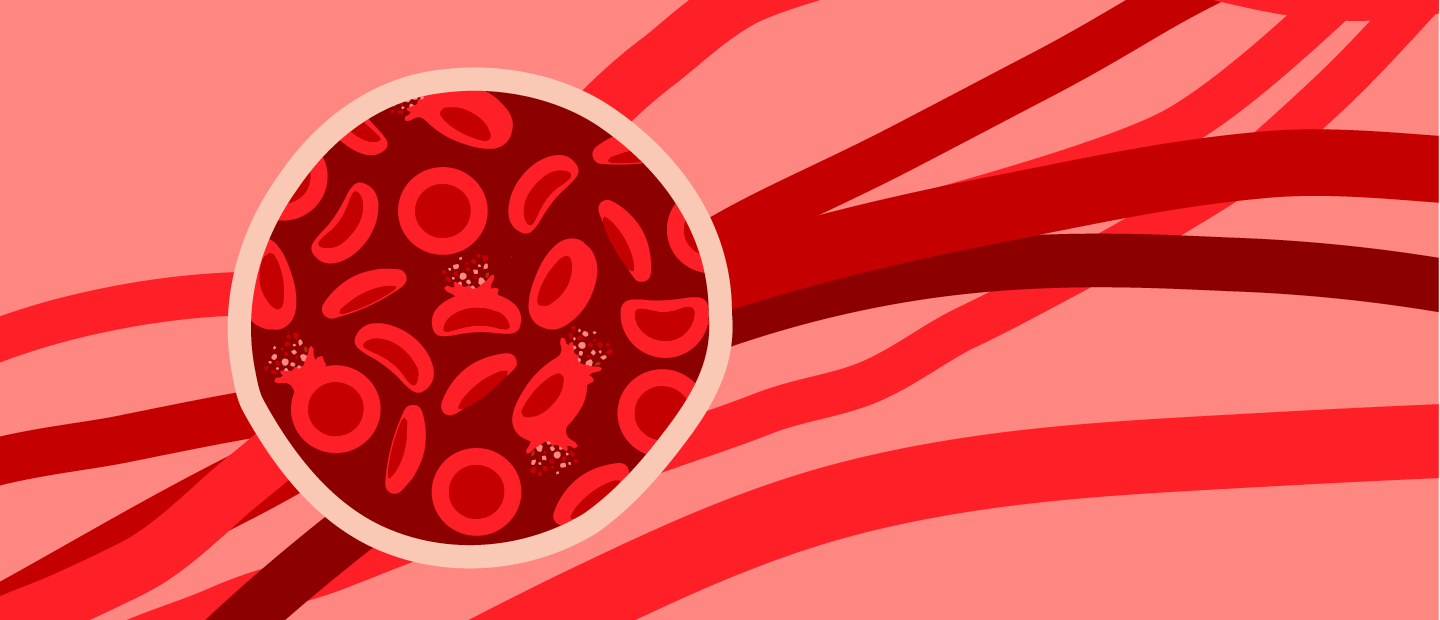
Paroxysmal nocturnal haemoglobinuria
What is PNH
Paroxysmal nocturnal haemoglobinuria, or PNH, is a rare, haematologic disorder caused by a mutation in the PIGA gene in haematopoietic stem cells. PNH is characterised by complement dysregulation, causing chronic haemolysis leading to haemolytic anaemia and fatigue, smooth muscle dystonia and sometimes even fatal thromboembolic events.1

Presents with haemolytic anaemia, fatigue, thrombosis, smooth muscle dystonia and other manifestations1,2
Results from the PIGA mutation,2,4,5 which disrupts the anchoring of complement regulatory proteins on the surface of PNH blood cells3,6
Flow cytometry using antibodies against GPI-anchored proteins is the most sensitive assay for the diagnosis of PNH7
PNH blood cells are vulnerable to complement-mediated lysis, which can be inhibited by targeting the terminal or proximal complement pathways4,8
Learn more about the PNH Disease
and explore other PNH resources
References:
- Hill A, DeZern AE, Kinoshita T et al. Paroxysmal nocturnal haemoglobinuria. Nat Rev Dis Primers. 2017; 3: 17028. doi:10.1038/nrdp.2017.28
- Devos T, Meers S, Boeckx N et al. Diagnosis and management of PNH: Review and recommendations from a Belgian expert panel. Eur J Haematol. 2018; 101 (6): 737–749. doi:10.1111/ejh.13166
- Brodsky RA. How I treat paroxysmal nocturnal hemoglobinuria. Blood. 2009; 113 (26): 6522–6527. doi:10.1182/blood-2009-03-195966
- Hillmen P. The role of complement inhibition in PNH. Hematology Am Soc Hematol Educ Program. 2008; 116–123. doi:10.1182/asheducation-2008.1.116
- Brodsky RA. How I treat paroxysmal nocturnal hemoglobinuria. Blood. 2021; 137 (10): 1304–1309. doi:10.1182/blood.2019003812
- Brodsky RA. Paroxysmal nocturnal hemoglobinuria. Blood. 2014; 124 (18): 2804–2811. doi:10.1182/blood-2014-02-522128
- Parker CJ. Update on the diagnosis and management of paroxysmal nocturnal hemoglobinuria. Hematology Am Soc Hematol Educ Program. 2016; 2016 (1): 208–216. doi:10.1182/asheducation-2016.1.208
- Risitano AM, Marotta S, Ricci P et al. Anti-complement treatment for paroxysmal nocturnal hemoglobinuria: Time for proximal complement inhibition? A position paper from the SAAWP of the EBMT. Front Immunol. 2019; 10: 1157. doi:10.3389/fimmu.2019.01157
